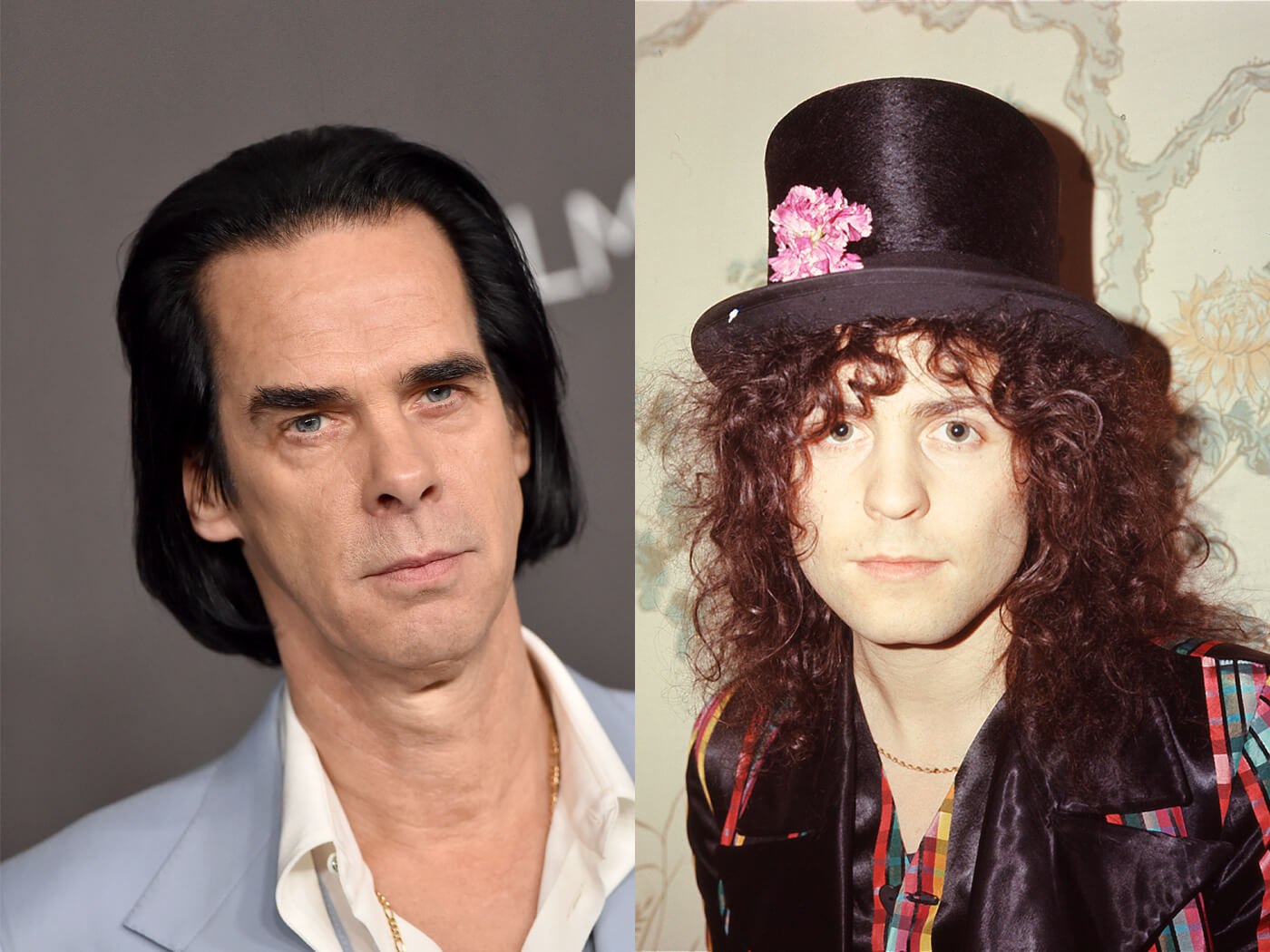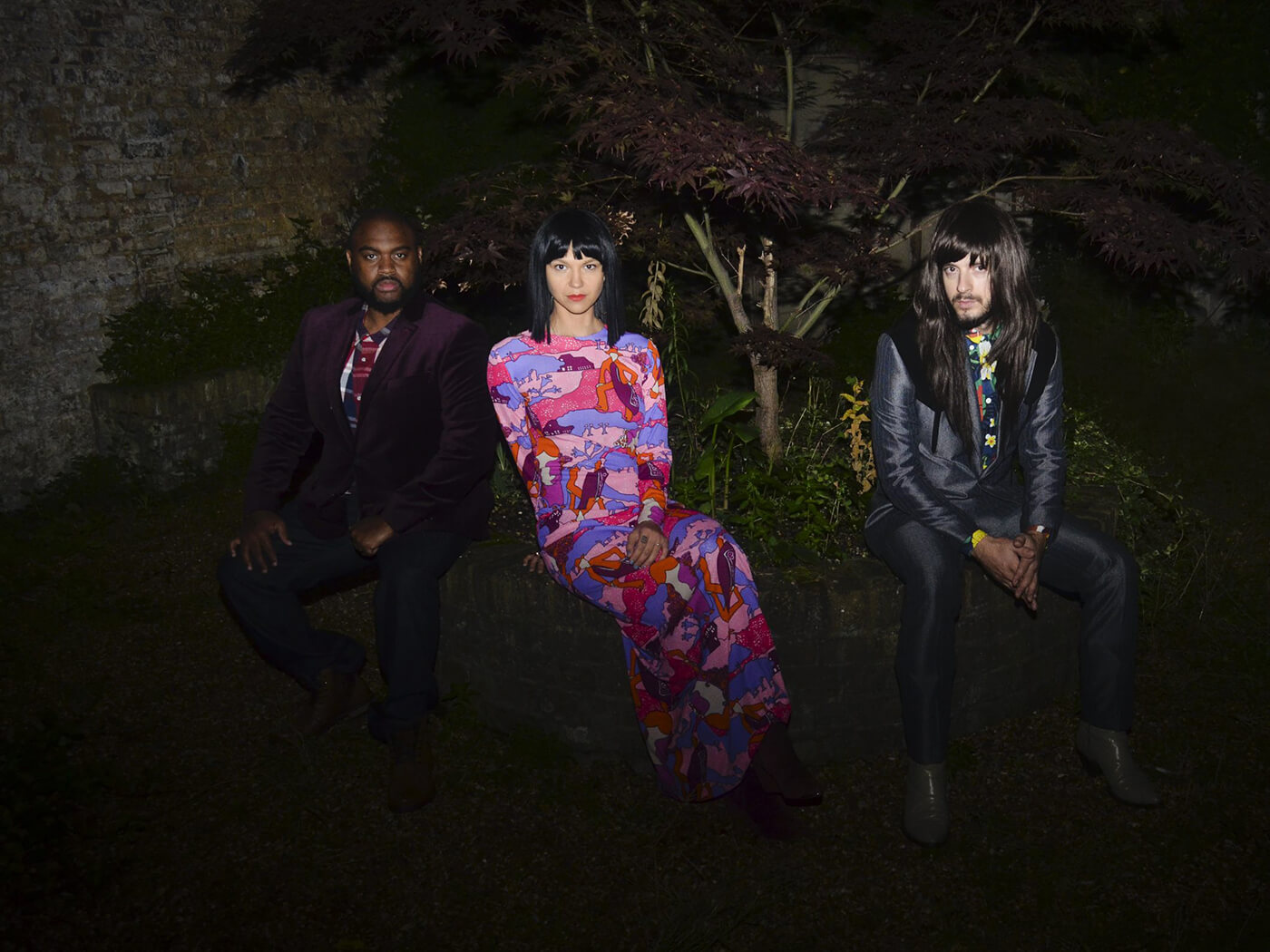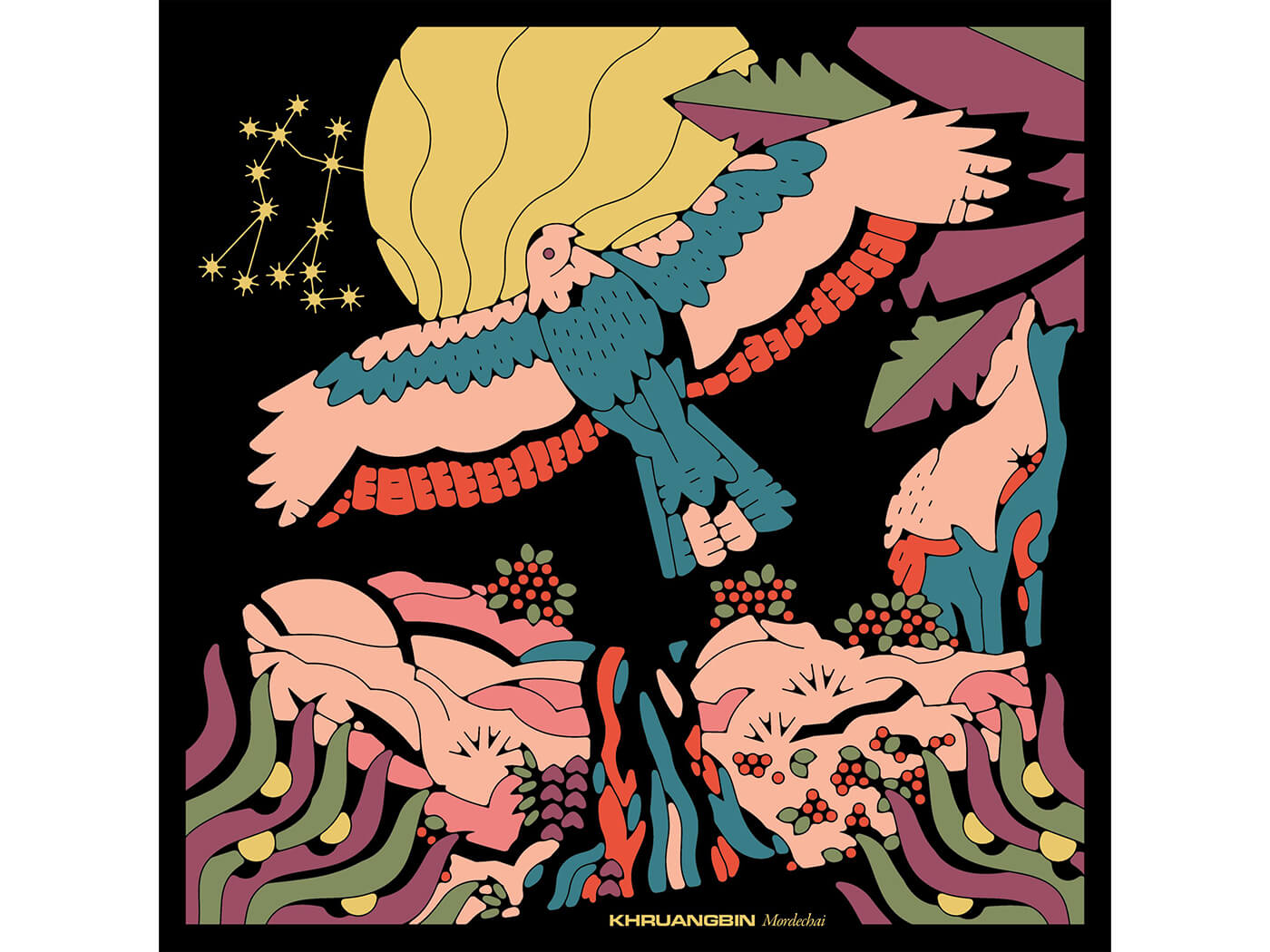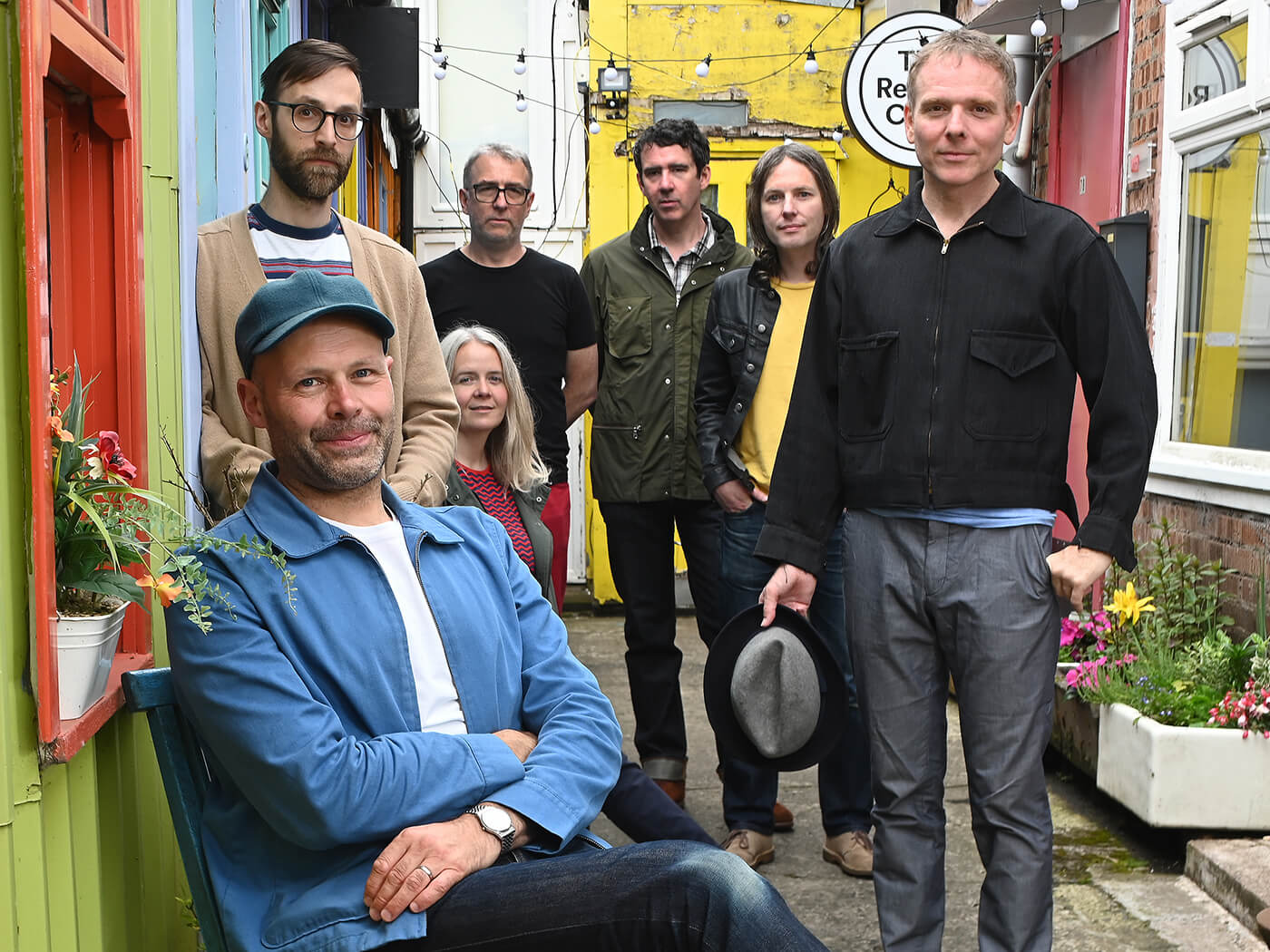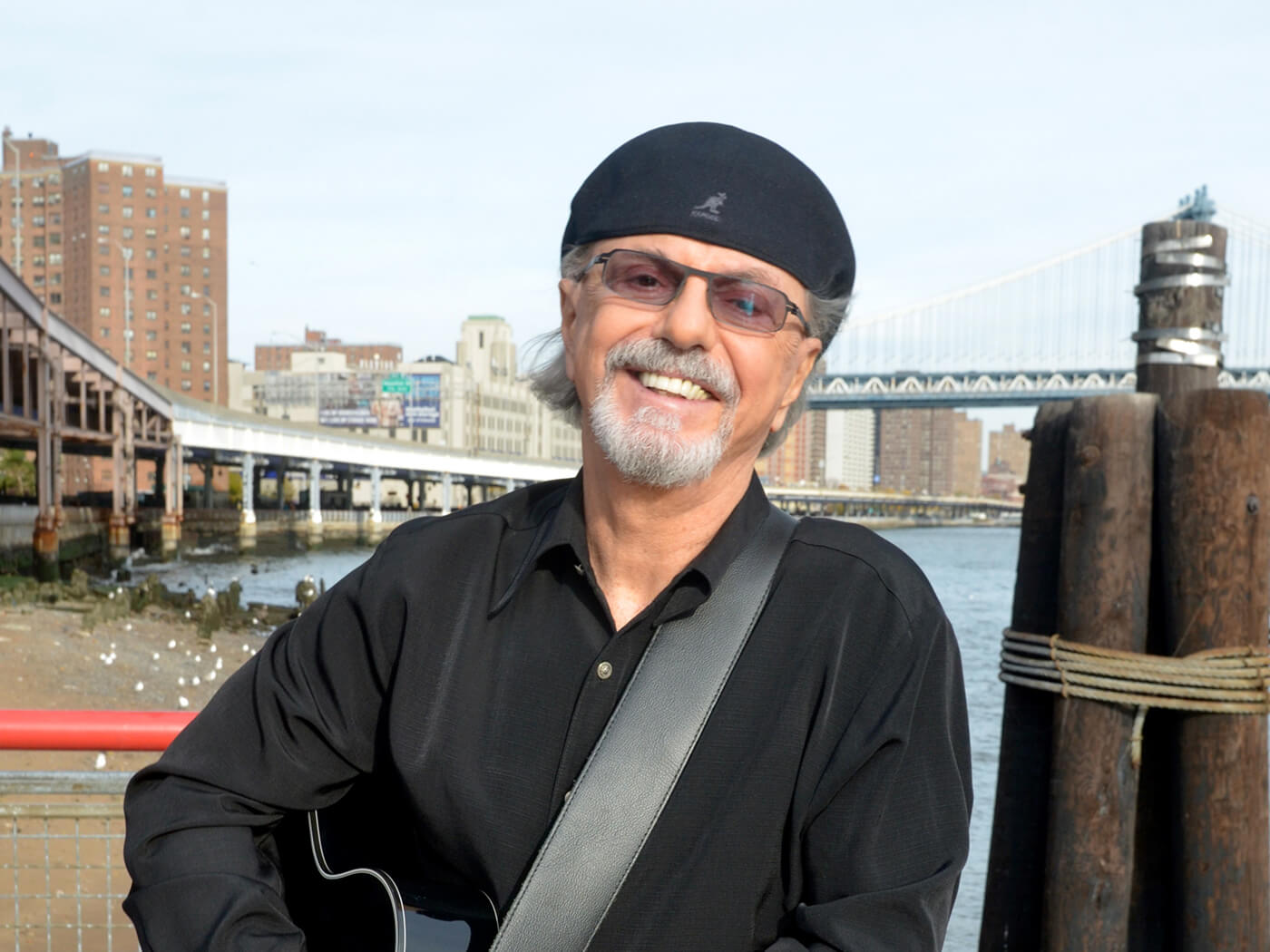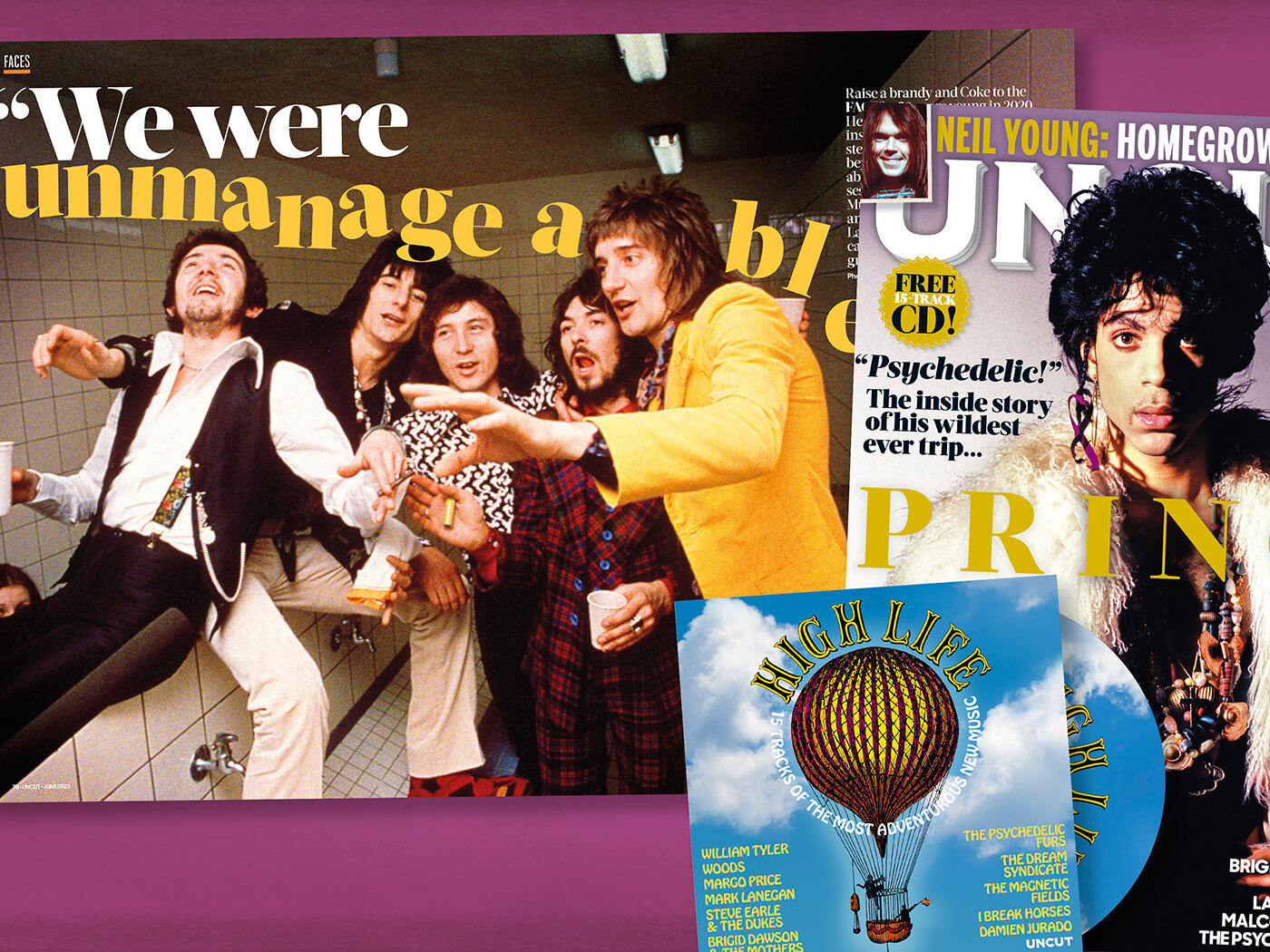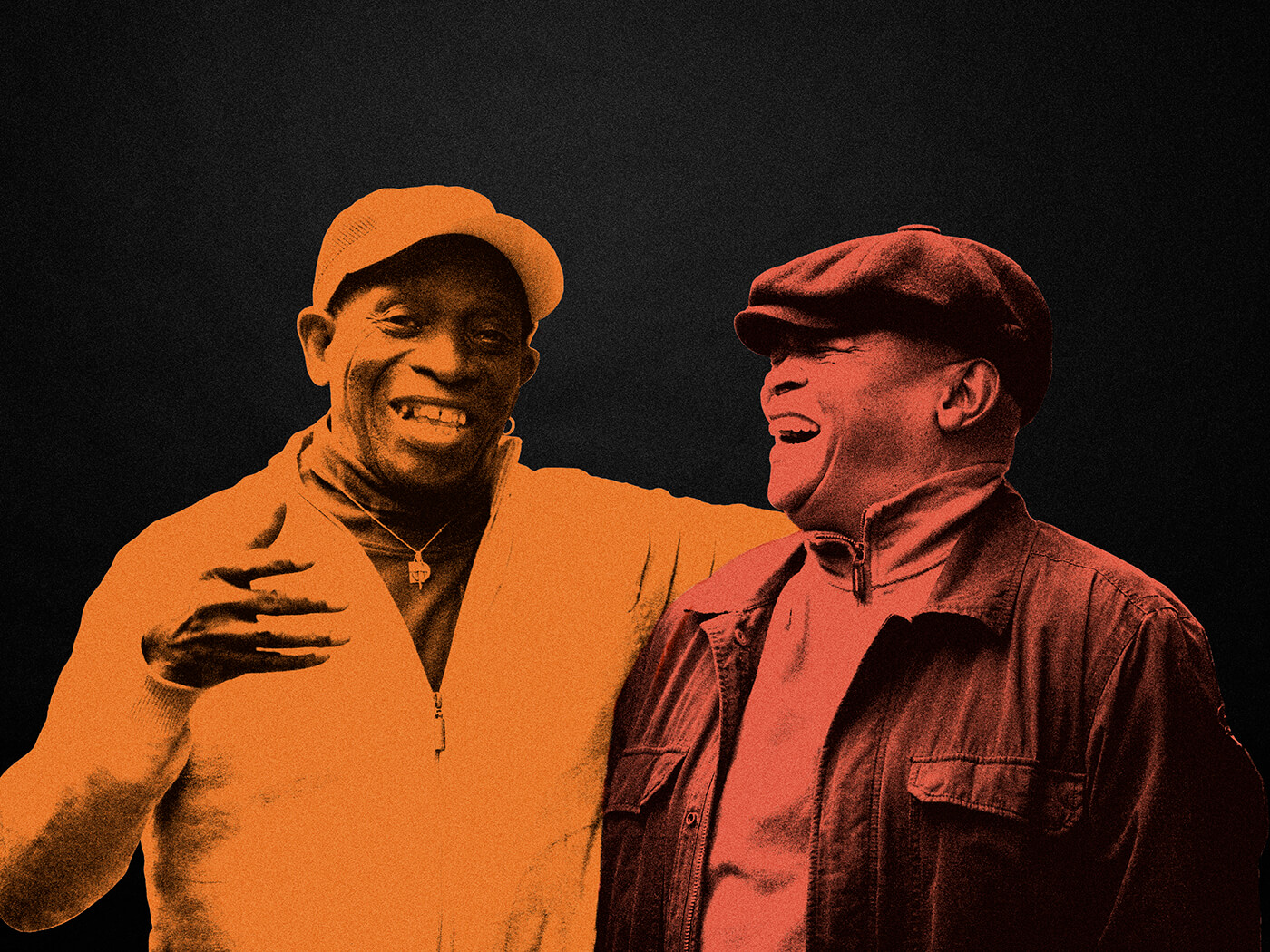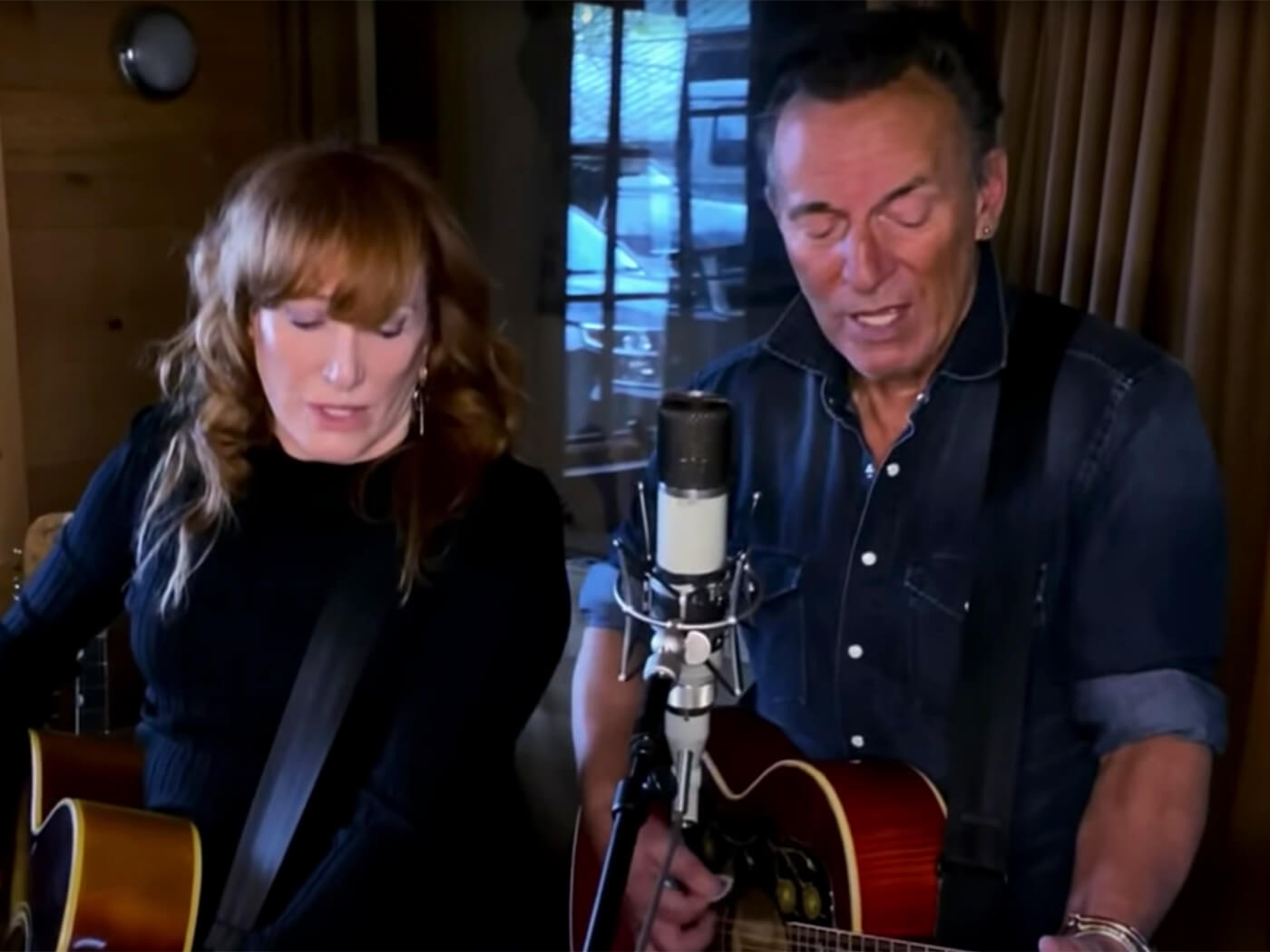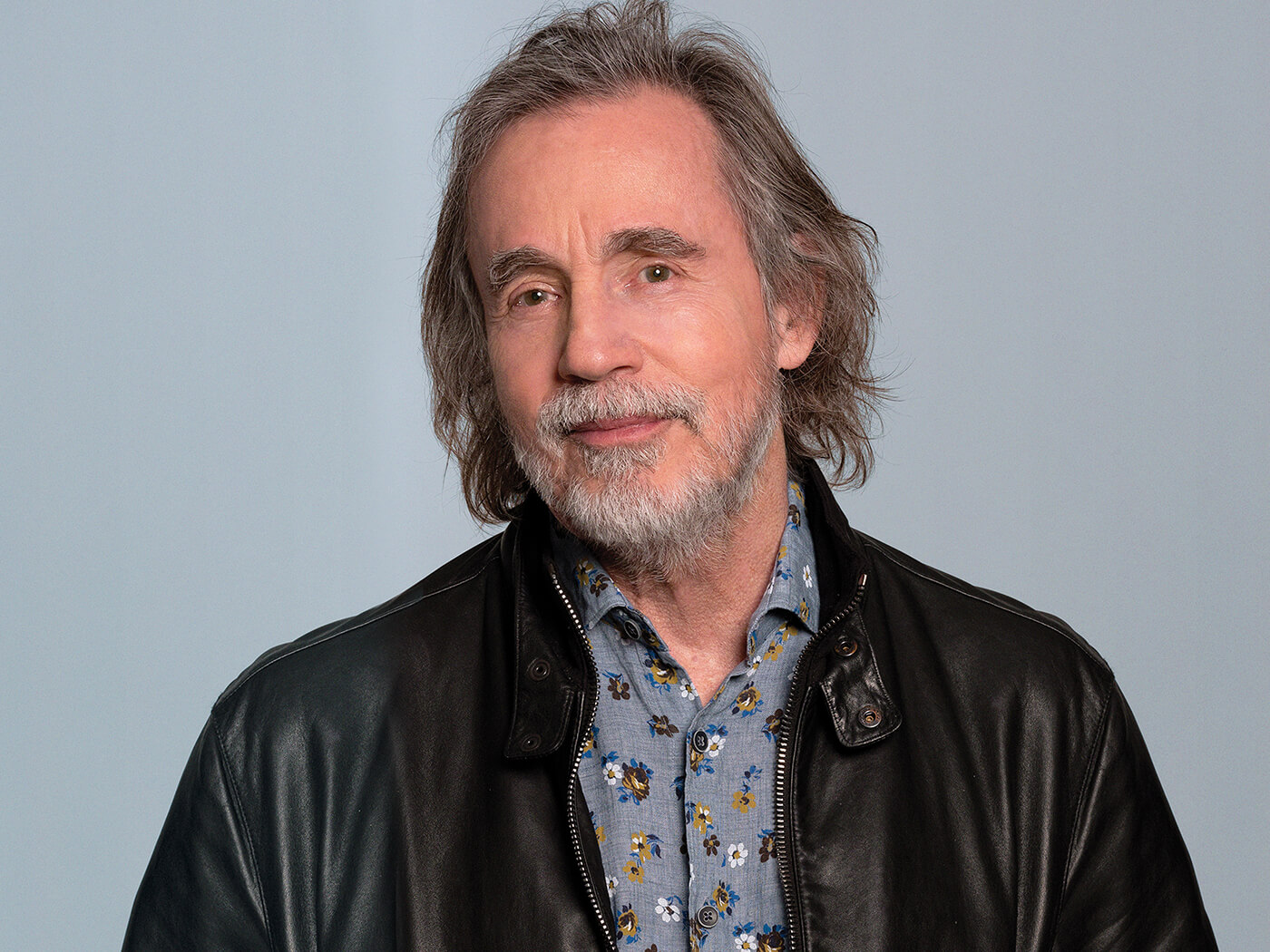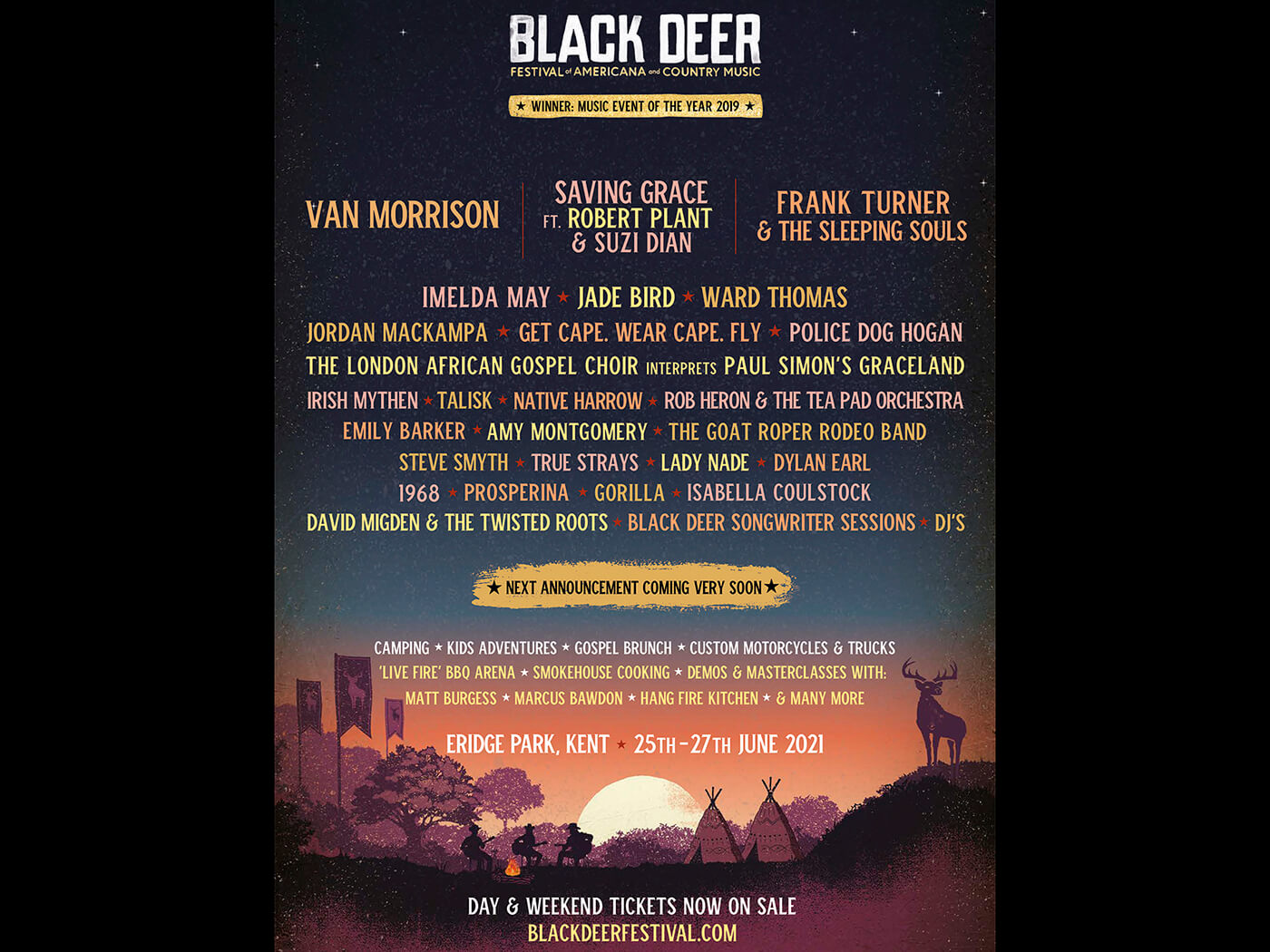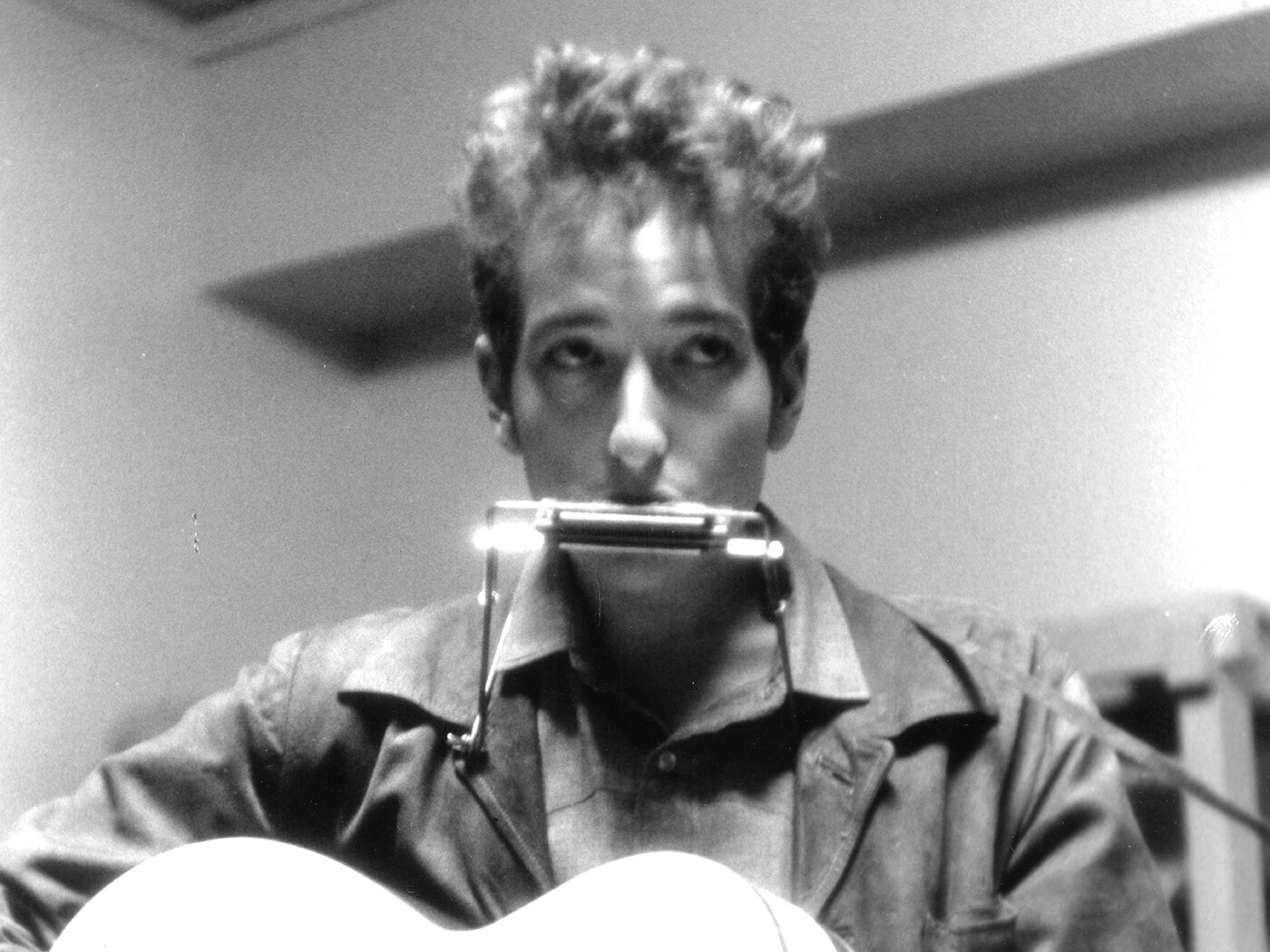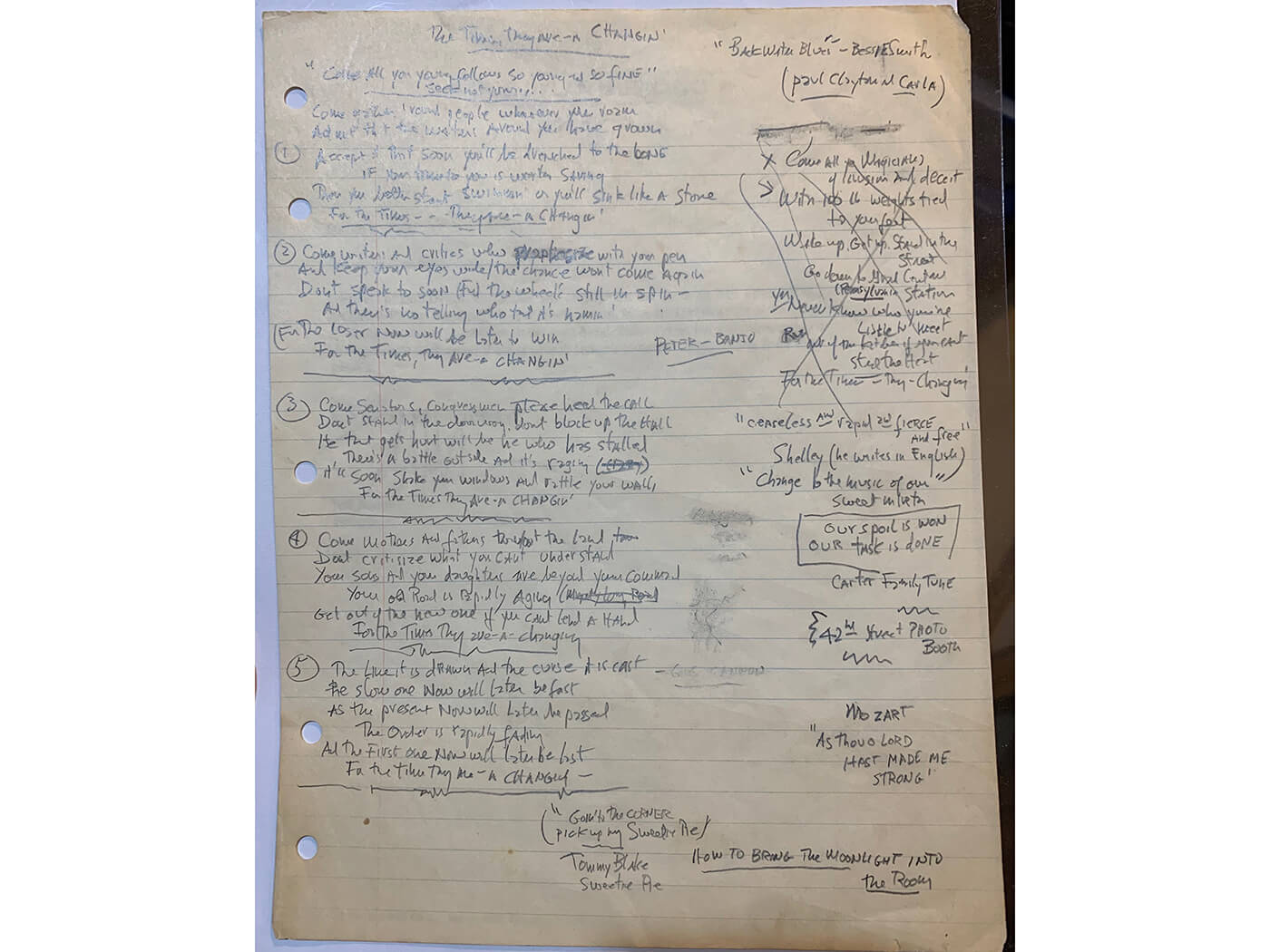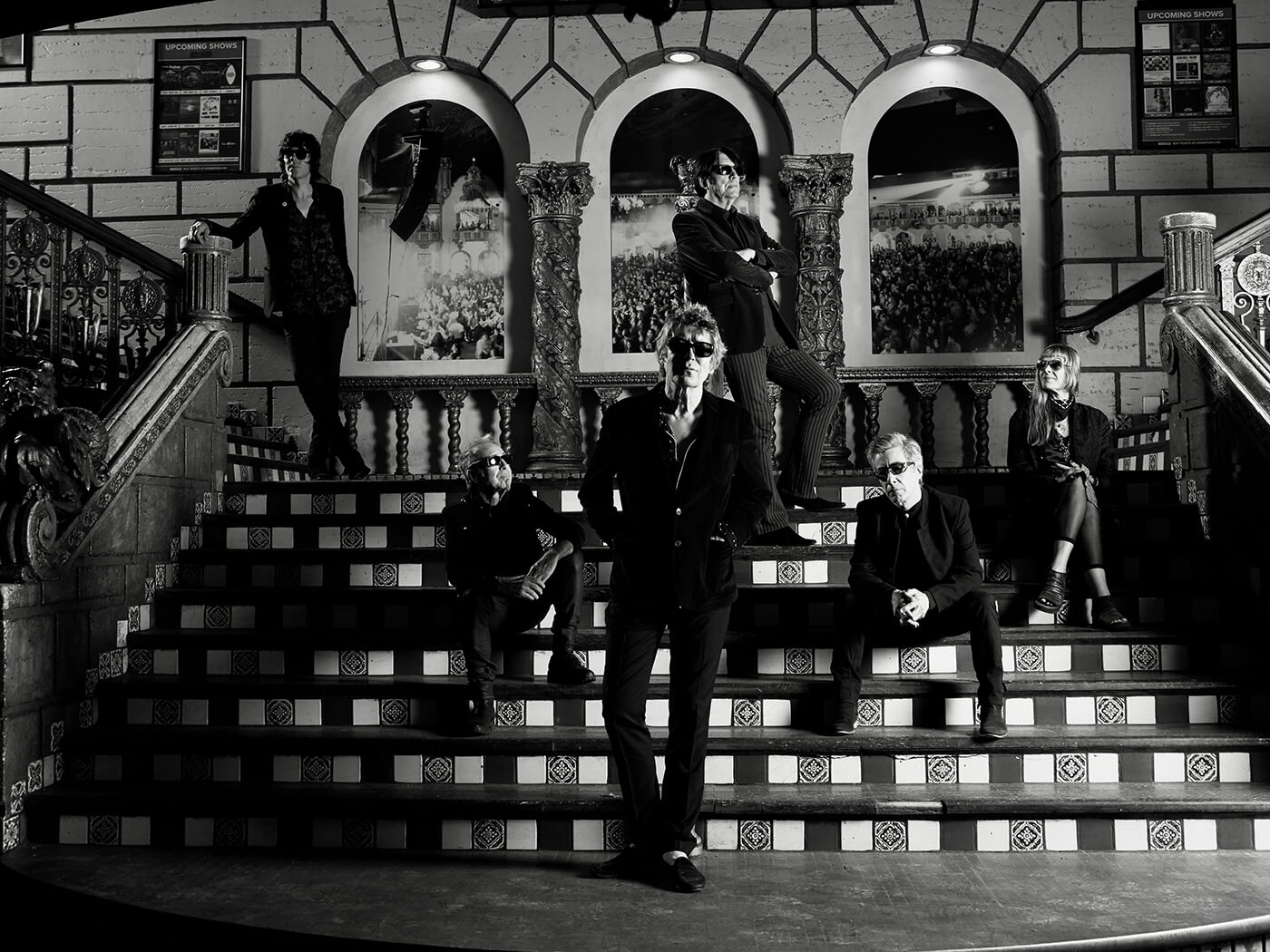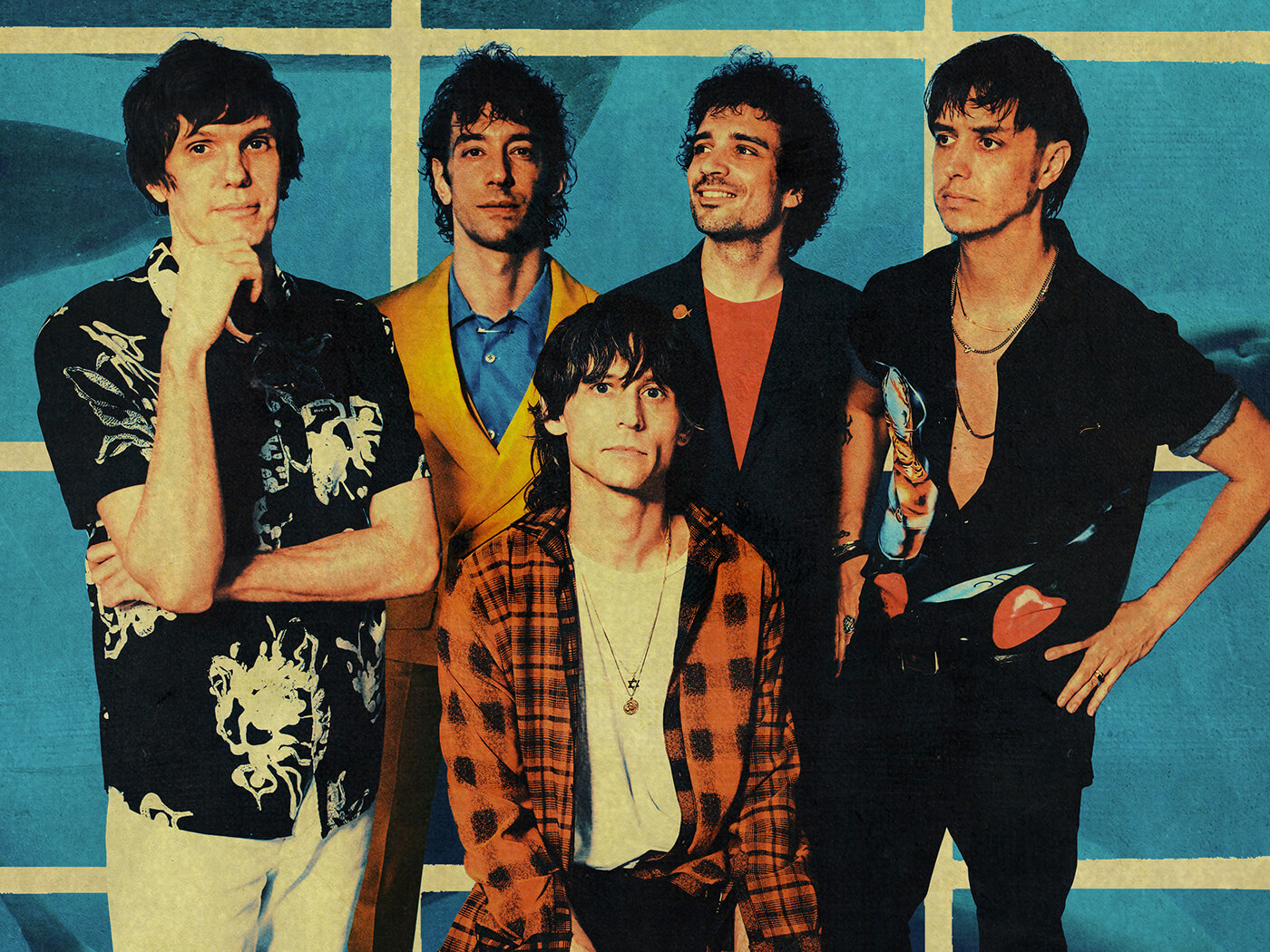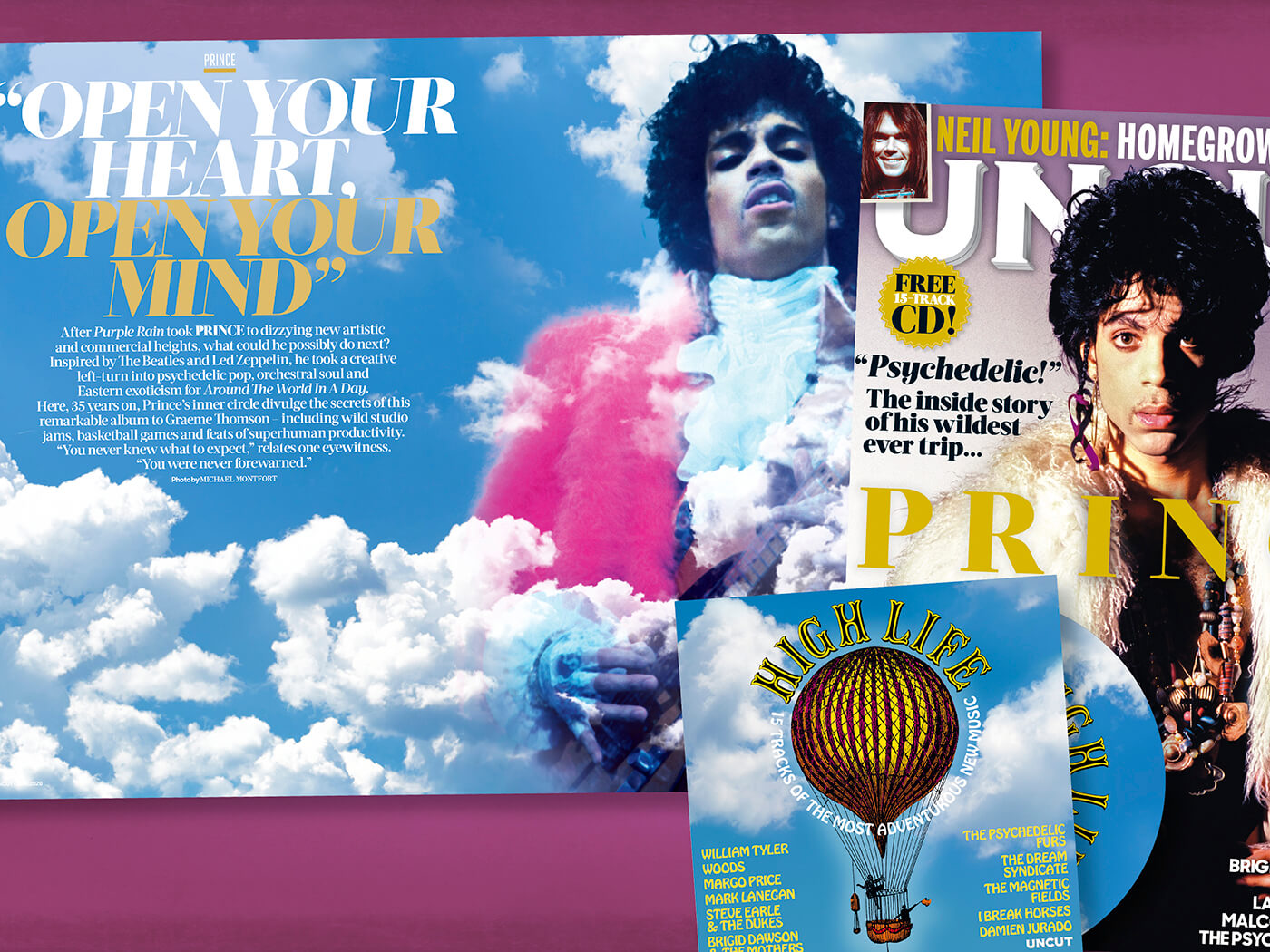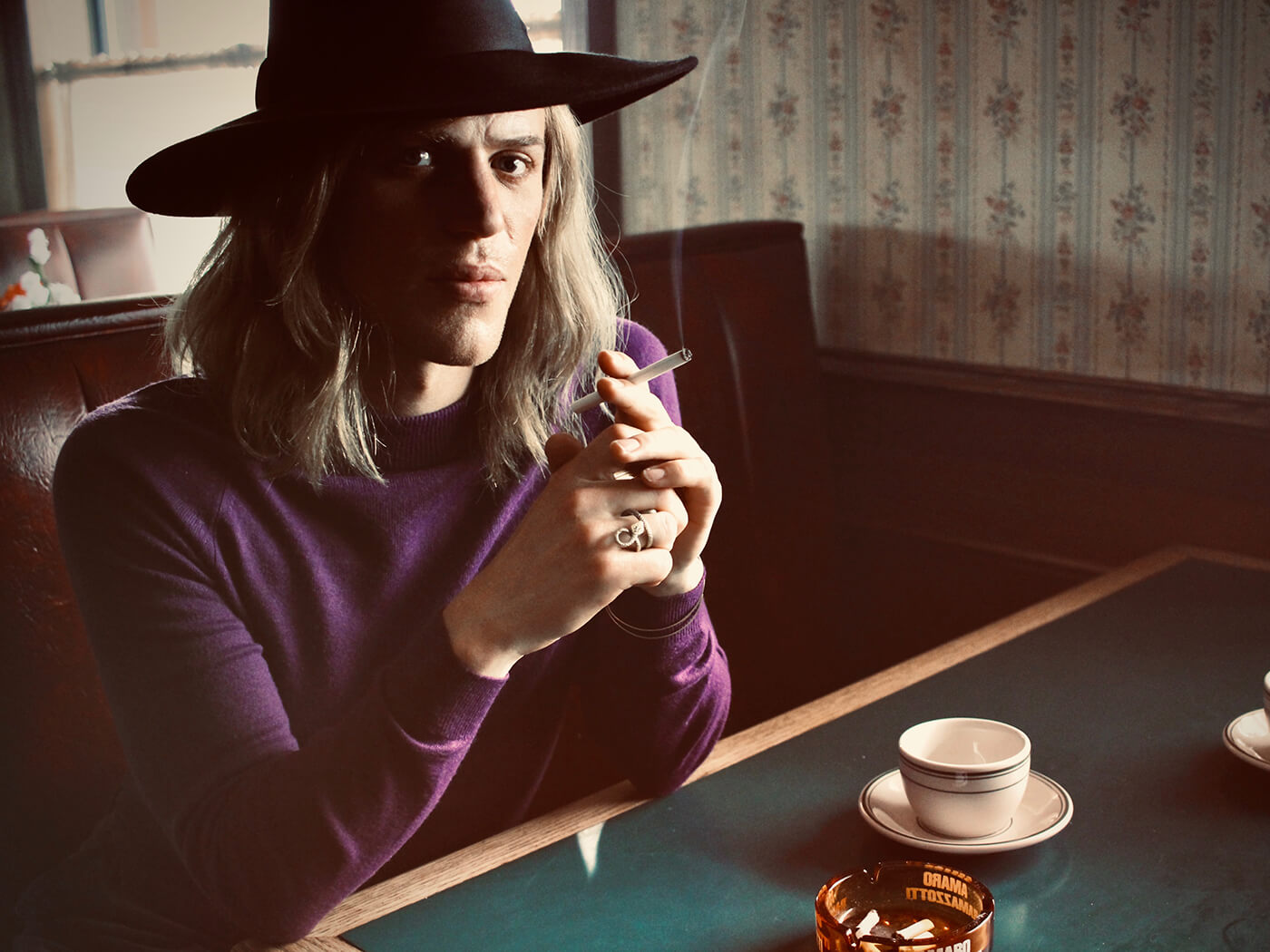Over the past few months, there have been whispers that Joni Mitchell is back in the studio. If true, it’s extraordinary news considering that the songwriter suffered a debilitating brain aneurysm in March 2015, which left her needing to relearn how to walk.
If these rumoured sessions do bear fruit, of course, it’s wouldn’t be the first time that Mitchell has dramatically emerged from retirement. Back in October 2006, she revealed she was in the studio, returning from a self-imposed hiatus begun after the release of 2002’s Travelogue, an orchestral reimagining of some of her older songs. Two Starbucks compilations in 2005 – one of her favourite songs by others and one of her own songs chosen by Bob Dylan, Prince, Elvis Costello and more – had piqued her interest in music again, and the War On Terror had galvanised her urge to write. “When the world becomes a massive mess with nobody at the helm, it’s time for artists to make their mark,” she told the Ottawa Citizen, a Canadian newspaper.
Shine, her 19th studio album, appeared in September 2007 on Hear Music, the label co-owned by Concord Music Group and Starbucks. It wasn’t an unusual move for the time – Paul McCartney, Sonic Youth and The Beach Boys all released music through the label – but the cognitive dissonance in releasing Shine, an album outwardly concerned with the environment, in collaboration with a company associated with single-use cups and lids was puzzling.
Now the record, Mitchell’s last to date, is receiving its first vinyl reissue via a Concord subsidiary, Craft Recordings, and as an album whose purpose is protest, its powerful lyrics are fitting for our present time. Mitchell is angry about the desecration of the Earth (“This Place”), about war (“If I Had A Heart”) and about mobile phones (“Shine”, “Bad Dreams”), and she conveys these concerns through occasionally great imagery – on “Bad Dreams” she sings, “So near the jaws of our machines/We live in these electric scabs/These legions were once lakes.”
Mitchell mostly doesn’t attempt the jolts and meandering melodies of her earlier work, and instead appears still, in an act of observation, taking note of the world around her to varying degrees of unrest: “Sparkle on the ocean/Eagle at the top of a tree/Those crazy crows always making a commotion/This land is home to me,” she sings to open “This Place”, before concluding: “I feel like Geronimo/I used to be as trusting as Cochise/But the white eyes lies/He’s out of whack with nature.”
Alongside this new material is a reimagining of “Big Yellow Taxi”, fitting perfectly within the thematic confines
of the album. It demonstrates in sharp relief how Mitchell’s voice has been altered by decades of smoking, and it’s chilling to hear her sing of poison and havoc in a breathy style and with such limited range. She is audibly weakened, but there is strength in the message; the tobacco companies have helped her decimate her high notes, which now live in the museum of her back catalogue, much like the trees in the tree museum that visitors pay a dollar and a half to see.
It’s the sole reworked song here – unlike Travelogue and Both Sides Now, which took on her own songs and standards, Shine saw a return to Mitchell’s form of original storytelling, ponderings on love and worry, hymns to the natural world and curses on those who would threaten it.
Many of the players who backed Mitchell on the orchestral renderings of Travelogue also appear on Shine. Brian Blade’s fine, textural drumming is a playful counterpart to Mitchell’s vocal phrasing, the pairing exceptional on “Night Of The Iguana”. This elegant sonic choreography is similar to the physical movements of the bodies that punctuate Mitchell’s songs in The Fiddle And The Drum, a piece by the Alberta Ballet that the songwriter helped create, which was released in 2007, along with Shine. It’s worth noting that an exhibition of her paintings also opened that year, underscoring the then 63-year-old artist’s potent burst of creative energy.
In softer modes Mitchell is aided by the divine, ambient pedal-steel work of Greg Leisz, while Paulinho Da Costa’s percussion on “Hana” incites a sense of urgency on an album that can otherwise feel solitary, delicate and dreamlike, prompting internal reflection rather than vocal outward reaction. Though Shine’s softness can feel like a quiet acceptance of fate, there is power that burbles among its lines and musical textures. In “Hana”, Mitchell recommends that we “tackle the beast alone with its tenacious teeth”.
“If you can wait/And not get tired of waiting/And when lied about/Stand tall,” she sings on “If”, a reimagining of Rudyard Kipling’s 19th-century poem, the ultimate paean to stoicism. Presumably Mitchell has herself
shown an admirable capacity for patience as she’s recovered her health over the past five years. New music would likely bring its own surprises, but until then Shine stands on it own; funnelling the passion and tender observations of ’60s Joni through the lens of wisdom and freedom that comes with age and experience. Though less acrobatic than her more famous works, among its pliant textures and leftfield flourishes live a glorious menagerie of flora, fauna and emotional unrest.


